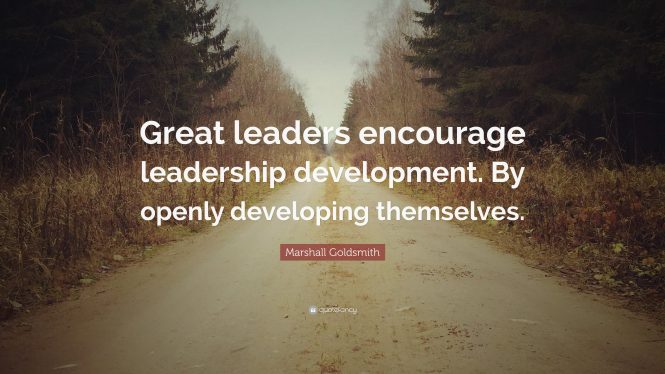
I recently read the works of Marshall Goldsmith, an executive coach and best-selling author and the following really impacted my thinking on the behaviors of a leader. I wanted to share. Thank you Marshall!
“Behavior flaws are not flaws of skill. Nor are they flaws in intelligence. Nor are they flaws of unchangeable personality.” (Goldsmith, 2007)
What we are dealing with are challenges in interpersonal behavior and often leadership behavior. When exhibited routinely, they inhibit our ability to influence and create a culture of quality.
The list below comes from What got you here won’t get you there: How successful people become even more successful. (Goldsmith, 2007)
The “Flaws”:
- Winning too much: The need to win at all costs and in all situations – when it matters, when it does not, and when it is totally beside the point.
- Adding too much value: The overwhelming desire to add our two cents to every discussion.
- Passing judgment: The need to rate others and impose our standards on them.
- Making destructive comments: The sarcasms and cutting remarks that we think make us sound sharp and witty.
- Starting with “No,” “But,” or “However”: The overuse of these negative qualifiers, which secretly say to everyone, “I’m right. You’re wrong.”
- Telling the world how smart we are: The need to show people we are smarter than they think we are.
- Speaking when angry: Using emotional volatility as a management tool.
- Negativity or “Let me explain why that won’t work”: The need to share our negative thoughts even when we were not asked.
- Withholding information: The refusal to share information in order to maintain an advantage over others.
- Failing to give proper recognition: The inability to praise and reward.
- Claiming credit that we do not deserve: The most annoying way to overestimate our contribution to any success.
- Making excuses: The need to reposition our annoying behavior as a permanent fixture so people excuse use of it.
- Clinging to the past: The need to deflect blame away from ourselves and onto events and people from our past; a subset of blaming everyone else.
- Playing favorites: Failing to see that we are treating someone unfairly.
- Refusing to express regret: The inability to take responsibility for our actions, admit we are wrong, or recognize how our actions affect others.
- Not listening: The most passive-aggressive form of disrespect for colleagues.
- Failing to express gratitude: The most basic form of bad manners.
- Punishing the messenger: The misguided need to attack the innocent who are usually only trying to help us.
- Shifting the blame: The need to blame everyone but ourselves.
- An excessive need to be “me”: Exalting our faults as virtues simply because they are who we are.
- Goal obsession: Can turn us into someone we do not want to be or should not want to be.
At any given time, we engage in one or many of these behavioral flaws, but if we are aware that they can prevent us from creating an environment that promotes growth, understanding and a willingness to learn, we can readjust and find more success as a leader.
- Goldsmith, M., & Reiter, M. (2007). What got you here won’t get you there: How successful people become even more successful. New York: Hyperion.
